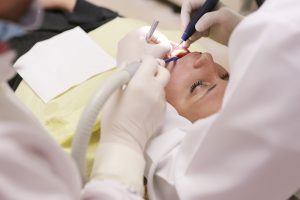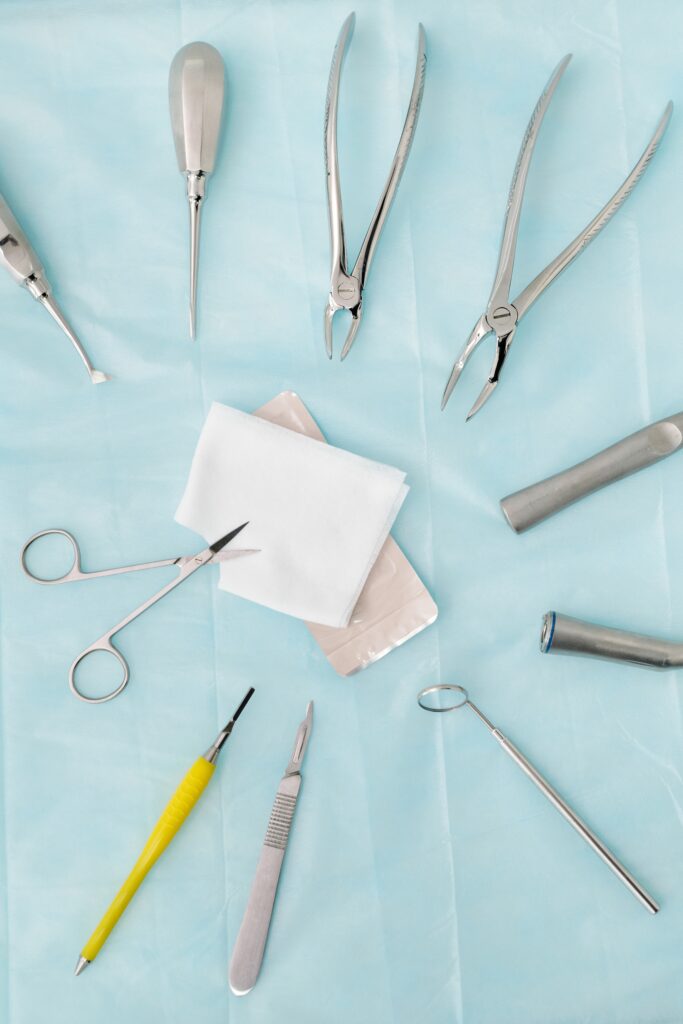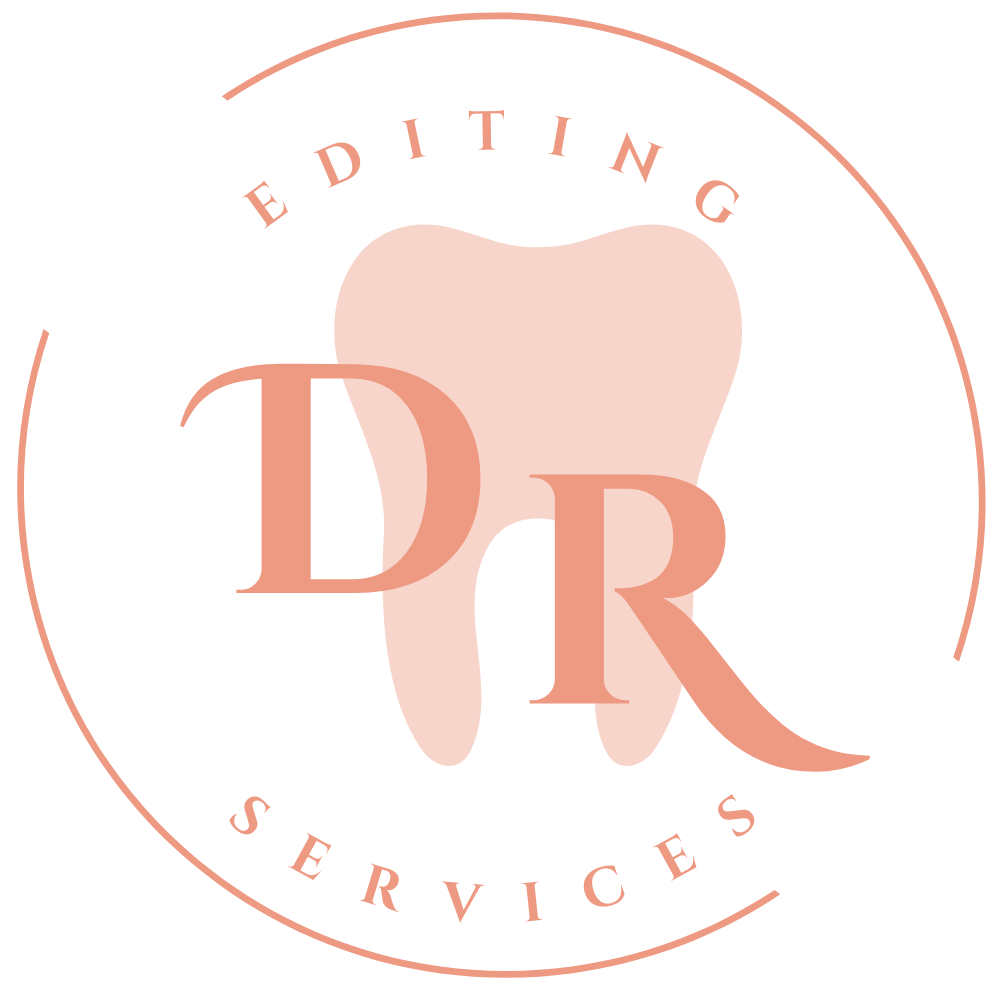
How to Become a US-Licensed Foreign Trained Dentist
Are you a foreign-trained dentist looking to move your career to the USA?
My guide has all the information you need about eligibility requirements and the process of earning a US dental license. I will also tell you your various pathways, ways to improve your GPA, how to prepare for the exams, and when to apply.
Here are 3 key things you will need to do
- Written Exam
- Clinical Exam
- Apply through the portal
This post has you covered with a simplified guide on each step!
Contents
- Eligibility Requirements for Licensure
- Advanced Standing Program
- Residency Program
- National Board Dental Exam (NBDE)
- Advanced Standing Application
- Residency Application
- Statement of Purpose
- Supplemental Questions / Supplemental Essays
Eligibility Requirements for Licensure
Before becoming a US-licensed dental professional, you must meet the eligibility requirements for licensure in the state where you wish to practice.
These vary from state to state and often include standards related to age, education, residency, background checks, and examinations.
Research your prospective state’s requirements and ensure all your documents are current before applying.
In addition to the requirements of individual states, foreign-trained dentists hoping to practice in the US must demonstrate competency with the nation’s guidelines. This often includes a series of exams to assess the skills, knowledge, and abilities necessary for safe patient care.
To become a foreign-trained dentist looking to work in America.
You have two potential options – complete a dental residency program or an advanced standing program at US educational institutions.
Advanced Standing Program VS Residency
What is the difference?
To make this simple:
The Advanced Standing Program– This allows you to retrain by joining current dental students and retaking the final two years of dental school in an American School.
Residency Program– This allows you to go straight into a specialty. You don’t have to spend two years relearning dentistry.
Benefits of the Advanced Standing Program:
The Advanced Standing Program is typically less competitive than the residency pathway. It also provides you with the most flexibility to work in any state.
However, when graduating from a specialty residency program, you are limited to the states where you can practice. A limited license may suit those who know which state they wish to practice in and don’t intend to move between states.
What’s the best path for you?
I would recommend a residency program if you are a trained specialist in your own country and wish to go straight into specialty training again without having to learn the basics again.
If you want the flexibility to work anywhere in the U.S. or it has been many years since you have practiced dentistry then the advanced standing program is perfect for you.
Any other options?
There is one other option…Choosing to go through the four-year dental program again.
This involves applying as a first-year student. This is an option that can be less competitive but more costly. You will need a loan for the full four years and it might be repetitive if you already have the skills and knowledge.

Take and Pass the National Board Dental Exam (NBDE)
The NBDE is a comprehensive two-part exam that assesses your knowledge of basic dental sciences and clinical dentistry.
It measures your ability to diagnose and treat diseases and conditions commonly encountered in dentistry. To pass the test, you must achieve a minimum level of competency as specified by different state boards nationwide. You may need extra courses or training programs if you have never practiced dentistry in the US.
If you are a foreign-trained dentist and wish to practice dentistry in the United States, you must complete several steps to obtain a license to practice in the US. These are summarized below.
Steps to become a foreign trained dentist in America
Advanced Standing Program Application
Applications are made through the ADEA CAAPID Portal. This is where you will fill in ALL of your personal information, degree information, educational and extracurricular experiences, as well as your statement of purpose/personal statement. You will choose your selected universities through this portal.
What is the Statement of Purpose?
This is the written essay part of the application- the most personal part and shares your broad experiences and journey. It should highlight your initial motivation to study dentistry and the reasons that motivate you to become a foreign-trained dentist wishing to studying in America. I highly recommend getting professional help.
Dental Residency Application
Applying through the ADEA PASS portal is for residency applicants.
Those choosing the more competitive residency route will have a similar process. A personal statement will be needed, it will have to be more direct and specific to your experiences within the specialty you are applying for.
You can apply for residency programs at the same time as applying to the advanced standing program. These programs have different deadlines and some universities might offer advanced standing and residency programs.
Supplemental Questions / Supplemental Essays
Following your application, some universities have a set of supplemental questions specific to their university.
For example:
“Why have you chosen the University of Boston?”
“What did you learn from your voluntary experiences?”
These require a personal and university-specific answer. The best answers show you have researched the university, the course, and related it back to yourself.
Advice from an Admissions Expert
Your unique journey to becoming an internationally trained dentist licensed to work in the United States

Having helped countless applicants from all over the world- UK, India, Pakistan, Colombia, Cuba, and many more countries, I find that persistence is key. You can’t give up!
Most people don’t get in the first time around, sometimes, several attempts are needed and the costs can add up.
Investing in yourself, your continuing education, volunteering, charity work, teaching others, research, and maybe even committing to another Master’s in Public Health first will really enhance your application.
Networking is key, reach out to others who have gone through the process and make contacts within the schools you are applying to. You will be surprised at how much this can help you.
I have helped many people through this process and can offer my editing services, advice, CV help, interview guidance, and support along each step of the way!



